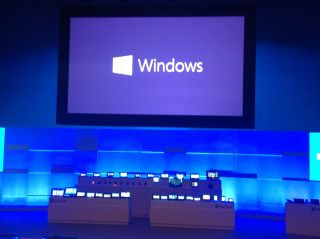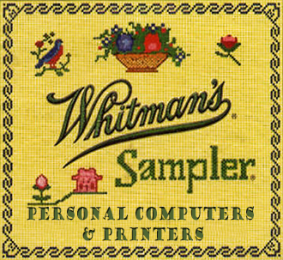 A technology war is brewing between those who want to block internet advertising and those who want to stop their software working.
A technology war is brewing between those who want to block internet advertising and those who want to stop their software working.
CEO and co-founder is Ben Barokas has founded a company called Sourcepoint which launched yesterday with $10 million in Series A investment funding.
Barokas wants to help publishers by providing them with technology to punch through “all the ad blockers”.
He said that it was important that publishers have a more open dialogue with readers about the transaction that takes place when they consume content. He said that publishers serve ads in exchange for content being presented for free. And that a transaction needs to take place in the first place because content requires investment.
Google did not prioritise ad blocking in its roadmap, and Google CEO Larry Page downplayed the threat of ad blocking. He said that it was instead up to the industry to make better ads that people wouldn’t want to block.
However Barokas thinks Sourcepoint’s technologists have the expertise force users to look at as many adverts that publishers through at them. There are many other “ad blocker blocker” systems but they provide “unsophisticated solutions” that just replace a publisher’s intended ad with a lower quality alternative.
Sourcepoint lets a publisher decide how to present a message to a web visitor that has an ad blocker installed.
The publisher could choose to circumvent the ad blocker and serve the ad, or it could say to the visitor “our ads pay for your content, how about you choose to allow them,” or it could allow the user to choose their advertising experience (three ads for three stories, for example,) or the publisher could ask them to pay to subscribe.
Sourcepoint is working on a number of “sophisticated” subscription options that are designed to take away the friction that usually comes with subscribing to a website’s paywall.
However it still has the problem that advertising departments insist on making adverts so irritating that people want them switched off so they can actually read the content.
For now, Sourcepoint is offering its services to “two dozen top 100 comScore publishers” for free. That not only includes the ad blocker circumvention software, but also analytics tools for publishers to establish their ad blocking audiences.
Barokas is lloking at different business models including a software as a service-type licensing option, an advertising recovery service which would take a cut of ad revenue returned to the publisher, taking a percentage from new subscriptions the publishers sign up, or a mixture of the three.
Of course the ad-blocks will come up with ad-block, blocker blocking software and soon everything will be unblocked again.
 France’s largest telecoms outfit, Orange will continue to play a leading role in creating pan-European networks through acquisitions.
France’s largest telecoms outfit, Orange will continue to play a leading role in creating pan-European networks through acquisitions.


















